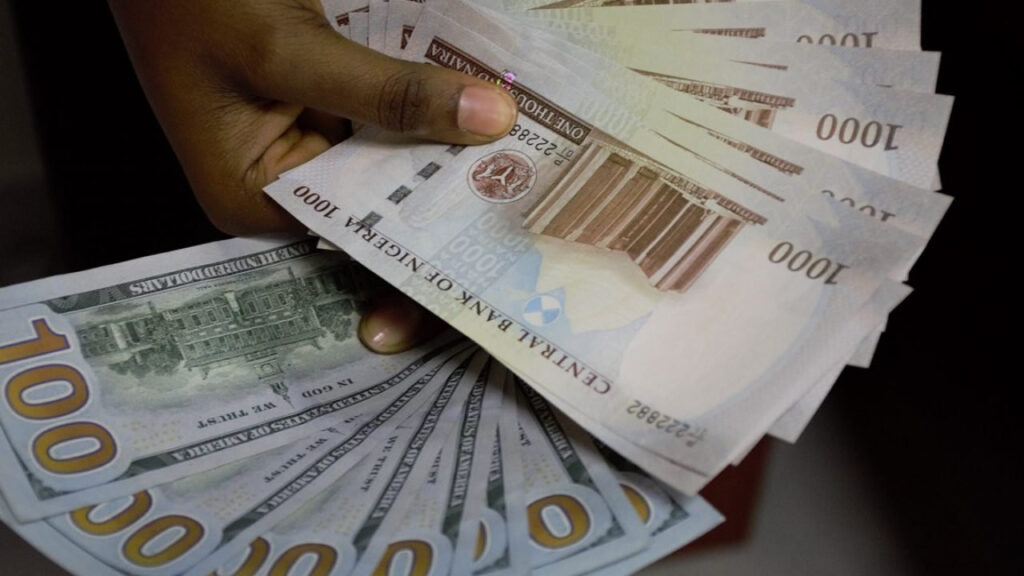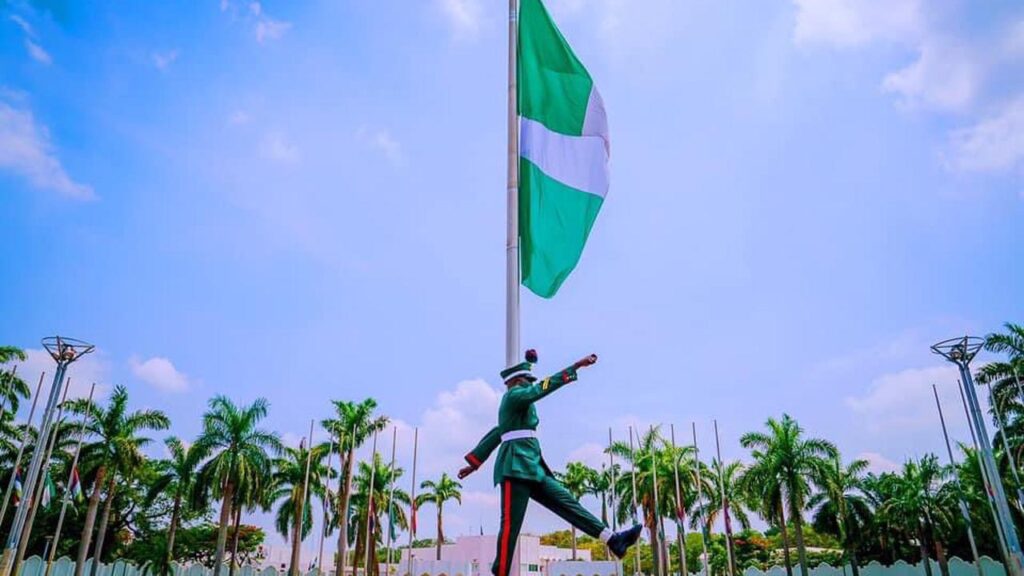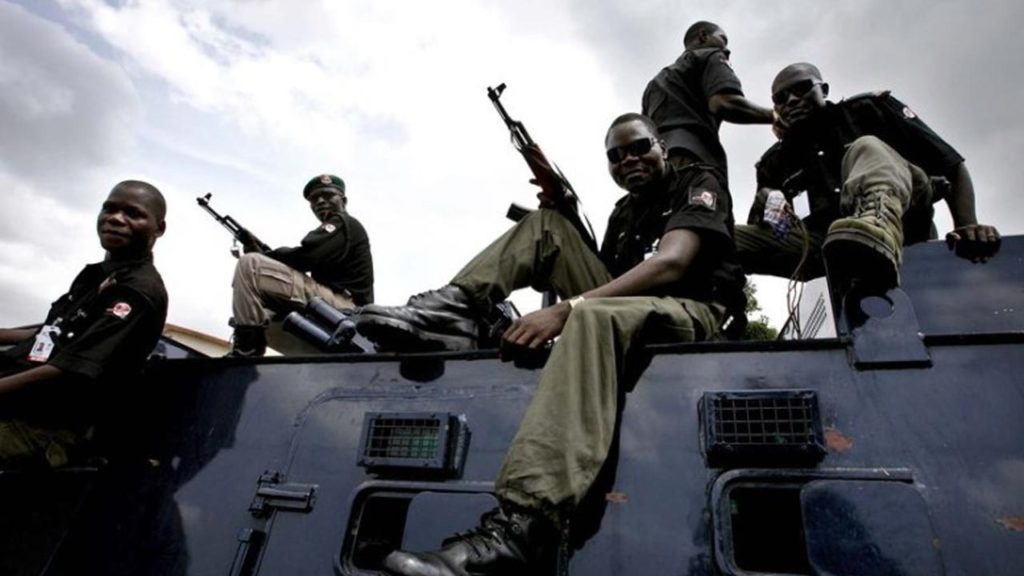
Time ago, a thousand naira is big money and a million naira is very big money. For ordinary minds like mine, a billion naira is simply huge money while a trillion naira is hugely big and uncountable money. We are now at the peak of counting our wealth and liabilities in trillions, a thirteen digits figure! As at June 2020, Nigerians were indebted to the tune of N31.009 trillion the equivalent of $85.897 billion. The debt is far above this now.
In case you don’t understand like me, this means that each of the estimated 205 million Nigerians owes about 150,000 Naira or 419 United States of America Dollars. Really, this is a 419 burden. Over half of this 205 million Nigerians don’t have ten Naira. How can we owe this? What did we eat or drink in a land that is so ravaged by the poverty of food, water and health care among several other infrastructures?
Despite this burden, all Nigerians except about five per cent know that the government at whatever levels is not working for them as citizens. In all facets of our national life, we are bugged by challenges and incapacities. The claims of investing the loans and the hard-earned national stock of cash in infrastructure notwithstanding. All displays of economic growth in figures are but deceptive. Fiscal and monetary policies have failed to guaranty the development and delivery of common good as the dividend of the social contract of Thomas Hobbes.
The first issue has to do with our foreign exchange policies. The policies from 1985 to-date have yielded on the wrong side. Except crude oil, no meaningful production is going on. We have no manufactured goods to sell in the international market. We sell raw materials and buy back the finished products at very exorbitant prices. So making our money cheap for people to buy from us is only a national betrayal out of twisted reasoning. Commerce has collapsed. Shelves in markets and shops are getting emptier. The signs are that the economy is heading to Mugabe’s Zimbabwe. There are indicators that our handshake with devaluation has passed the elbow. We need to disengage.
Other than the fact that our educational system produces unemployment, we deliberately create unemployment with our policies. A lot that we import undermine our industries. Our furniture and carpentry industries are no longer there. Office furniture and building fittings are imported. Exactly, what it was not many decades ago. The industries in Kano, Kaduna and Jos were closed and permanently vandalised. The demobilised workers are wallowing away in poverty and possibly walking the streets in search of livelihoods. This is how much the importation of anything possible, from train coaches to toothbrush and toothpick, from Asia has undermined our development.
Look at our transport system, it has gone down. The ruling class fly over us and may not know what it takes to travel the roads. It is impossible to go for ten kilometres on any road in Nigeria without dropping into a gutter or a pothole. Pause to ponder on health implications for travellers and their vehicles, the increased employment and revenue leakages to other economies through spare parts production and sales. One should wonder of who takes responsibilities for the loss of lives and properties on the roads. Someone should be accountable.
Tell no tales of the railway. It died long ago, maybe from the close of the 1970s when Indians came to manage it. The new infrastructure between Abuja and Kaduna, and between Lagos and Ibadan are scandalously expensive and far from expectations of the whooping investment it claims to symbolise. The services are poor, the stations are not friendly and the train extremely sluggish for a twenty-first-century train.
Our educational system is in shambles and dire straits. Retrieving it is a huge task. Public primary schools are long gone since the 1980s when salaries became epileptic and stopped to be paid to those in that sector. Secondary education has become a ghost of what it used to be. They are now centres of fantastic final year results that cannot be defended by the holders. University education has been finally destroyed. All these due to poor priorities, policies, funding and have reduced value of education.
A shift to health gives pictures of decay, non-availability of or inadequate and malfunctioning equipment, high doctor to patient ratio, a low bed to population ratio in addition to maladministration and poor sanitary conditions of the hospitals including the teaching hospitals. Our health care system is on the stretcher. More shocking is the disappearances of the one-time efficient village dispensaries of the 1960s. Morales are low for health workers. This has infringed on dedication as loyalty is shared between employment and private health facilities. Nigeria spends resources to train medical and paramedical personnel that are eventually exported to other countries majorly due to the poor state of the health care facilities and meet the welfare needs of the medical team. The medical team tends to vote with their feet to countries of stronger currencies and better welfare.
In towns and cities, a good proportion of Nigerians still live in shantytowns where the environment is anti-health and human dignity. It is now expedient to discard the national housing policy particularly the aspects of social or mass housing courtesy of high prices of construction materials especially cement. The poor value of the Naira is at the base of this. With the squeeze of citizens for revenue, we need to look out for more beds under bridges, by roadsides and parks. The capacity to build houses has run away with inflation!
Delivery of social services has become increasingly individual responsibilities. Each house has a generator to give electricity, a well or borehole, tall fences with self-paid personal security. In the face of these, the individuals have to contend with high taxes, prices of energy from electricity, cooking gas, petroleum products to fuelwood that is extraordinarily high. The national energy policy is not working. The burden is excessive enough to reflect on our fiscal and monetary policies. All these negatively impact on production, environment, income and welfare. Nigeria is in a deep valley of borrowing and spending without development and borrowing without the capacity to repay.
This is as governance has edged out to the extent the people no longer see the purpose of government. Many local government secretariats are under chain and lock. While the workers are not paid for years, the principal officers operate from their state capitals where they dine and wine with the governors. At the federal level, it is not honourable to retire but lobby and stay put regardless of the civil service rules. The Head of the service is not watching. They must be made to refund salaries they collected after they were due for retirement.
Workers in and out of service are groaning as they are face to face with poverty and indignity. High taxes, uncontrollable inflation in the situation of poor salaries and non-payment of retirement benefits have sent workers to early death or turn them to vegetables and burden to over-burdened families. Due to possibly poor creditworthiness within and outside Nigeria, the government has sharpened its knife to yank a chunk out of workers contributed pension. Who advised this? This is certainly horrendous. It is like paying a pleasant tribute to Maina.
The trillion debts is a huge burden. Out of the 2021 national budget of N13.558 trillion, about a quarter, N3.32 trillion will go to service debts that are still accumulating. This is far from sustainable and worth the while. The challenges we face are hydra-headed due to the debt profile and the rubbishing of the naira. The infrastructure is not getting better. Our currency has become worthless. The industries are undermined. The citizens are greatly pressured from all directions. The workers are far worse off while service delivery in government is at the lowest ebb. The purpose of governance is not achieved by these indicators.
The government must work for the citizens. The finance minister, together with the chief at the apex bank, needs to parley and protect the country and its economy. They need to go together to their principal and inform him how much has been lost and the extent of suffering in the land. Drive home the urgent need to revalue the naira against our creditors’ currencies. Urge a revaluation of the Naira as it has become too cheap and dangerous to the economy and the citizens. Stress the need to immediately halt all loans to all tiers of government. Since the government is not a business venture, the repayment of loans is taking the mode of dead bodies of citizens. Emphasise the urgent need to live within our available cash and resources and the need to revive domestic industries and be also patronised from government circles. Explain why the retail businesses must be boosted and the commerce strengthened. Impress the fact that if the borrowing continues, all aspects of sustainable development goals will forever remain elusive except in the reports that may be submitted to the United Nations and the World Bank. Moreso, the citizens including future generations shall forever go a sorrowing.
Yunusa is executive director Socioeconomic and Environment Advocacy Centre, Zaria.













